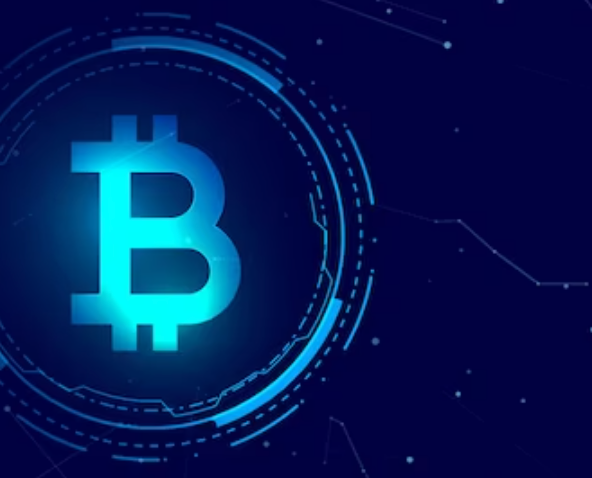$KOSPI $BTC $KRW
#SouthKorea #PresidentYoon #PoliticalInstability #Arrest #AsiaMarkets #KOSPI #KoreaInvestments #GlobalMarkets #BTC #Forex #KRW #GeopoliticalRisk
South Korea’s political landscape witnessed a significant development as former President Yoon Suk Yeol was arrested, as reported by local media. This arrest marks the second attempt to detain him after a previously failed bid on January 3. The situation has drawn considerable attention from both domestic and international observers due to its implications for South Korea’s political stability and economic trajectory.
The arrest of a former leader often leads to heightened uncertainty within financial markets, and South Korea’s domestic markets, including the benchmark KOSPI index, could be exposed to volatility. Historically, political unrest or scandals in the country have triggered sell-offs in equity markets, especially in sectors tied to government spending and infrastructure. Foreign investors, who make up a significant portion of trading activity in South Korea, may react cautiously amid concerns of prolonged instability. The Korean won ($KRW), a currency sensitive to geopolitics, could also see fluctuations, particularly against stronger and more stable counterparts like the U.S. dollar. These dynamics underline the interconnection between governance and the performance of both stock and forex markets.
On a global scale, the arrest could have ripple effects on investor sentiment regarding not only South Korea but other emerging markets in Asia. South Korea’s economy, classified as a highly export-driven dynamo, includes major technology players that are integral to global supply chains. Political uncertainties could hamper confidence in Korean firms like Samsung and Hyundai, whose stocks are key components of the KOSPI. Short-term market reactions could include reduced trading volumes and wavering investor activity due to the “wait-and-see” approach often adopted during political disruptions. Additionally, cryptocurrencies like Bitcoin ($BTC), often perceived as a hedge against traditional market risks, might see heightened trading activity as some investors shift toward decentralized assets.
Furthermore, geopolitical risks stemming from internal events in South Korea may carry implications beyond its borders. The country plays a pivotal role in global security, particularly in its strained relations with North Korea. A political vacuum or instability could alter diplomatic dynamics, especially as investors analyze how this event might impact South Korea’s partnerships with the U.S. and broader regional agreements. Such factors are expected to be closely monitored by both market participants and governments, as they evaluate the potential for long-term repercussions on trade, economic policies, and international relations. Given South Korea’s strategic importance as both a regional power and a hub for technology and industrial production, the arrest of Yoon Suk Yeol may alter the landscape of global markets, underpinning how politics and economics are deeply interwoven.











Comments are closed.